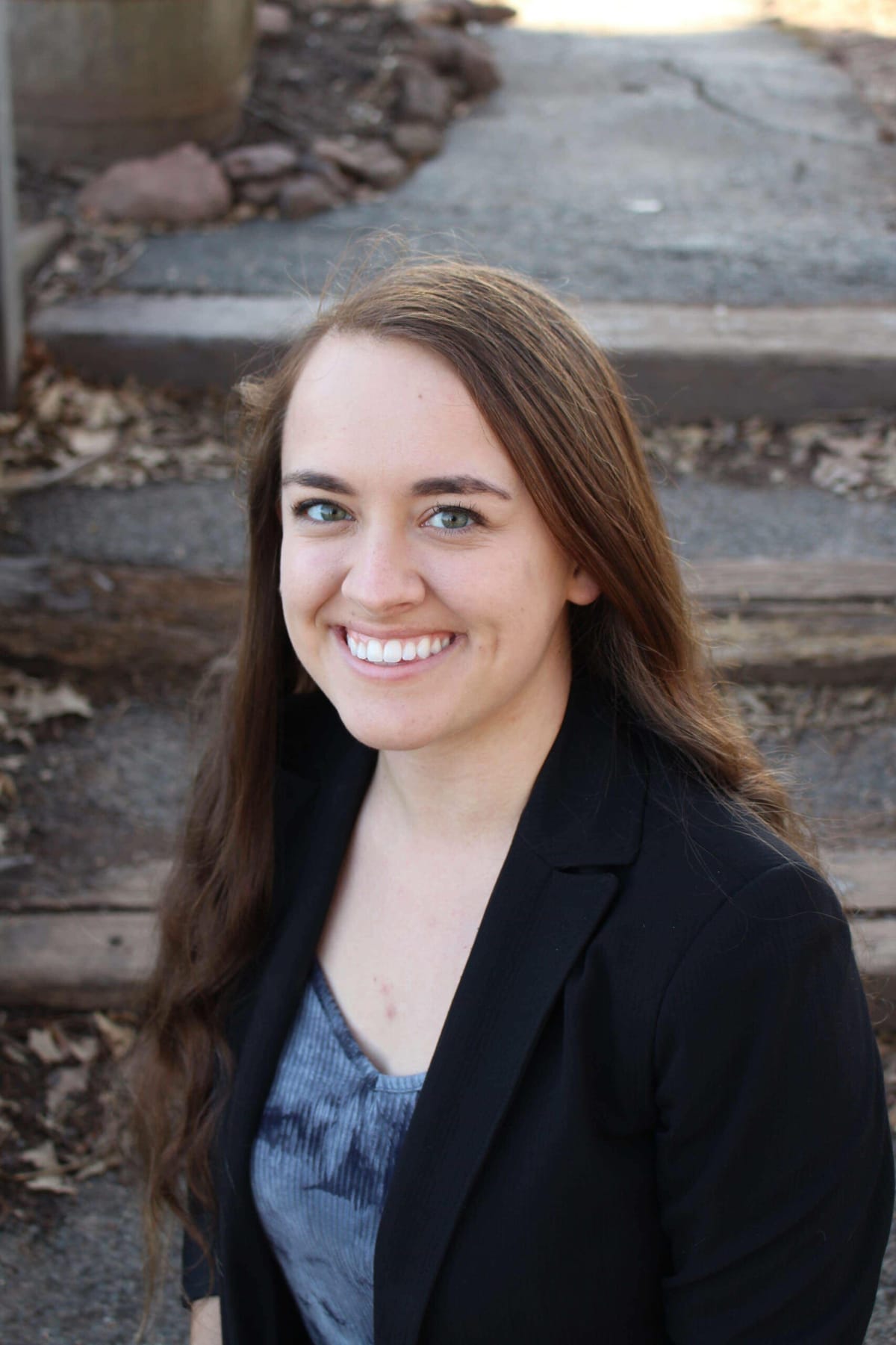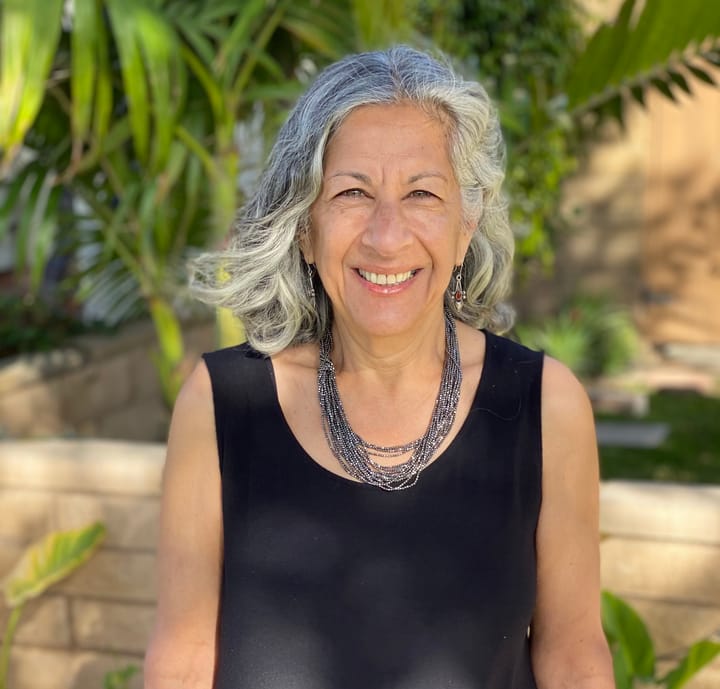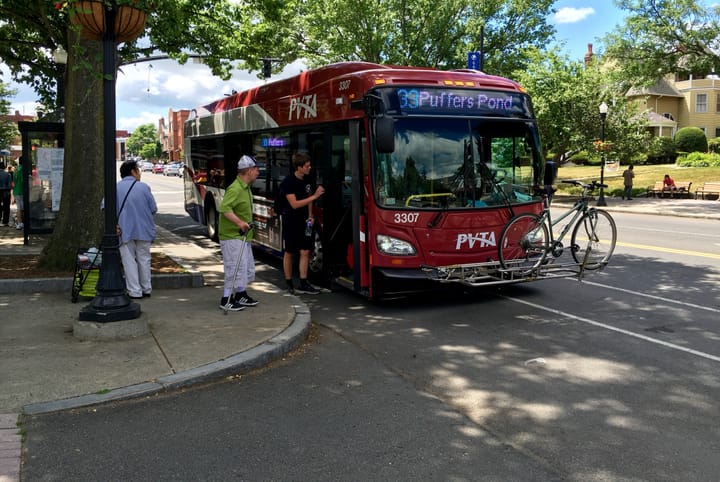Thoughts on Theses: Alyssa Snyder

Alyssa Snyder ’19 is a sociology major. Her thesis explores first-generation, low-income students’ experiences attending college. Her thesis advisor is William R. Kenan Professor of American Studies and Sociology Leah Schmalzbauer.
Q: What is your thesis about? A: It’s about hypermobility and how low-income first-gen students go from their parents not having gone to college, and low-income backgrounds, [to] how they experience coming to an elite college — that hyper-educational mobility trajectory. I’m especially interested in how that mobility trajectory is understood in the context of family. So often mobility is thought of as a very individual, positive thing, but I look at it in the context of the family because those two can’t be separated. I look at how students feel about that — how they get to Amherst, what kind of resources they draw on, their experiences at Amherst, their experiences going back home, how [it feels] to go back home after having been in this elite context and then their perceptions of mobility.
Q: How did you choose that topic? A: It comes based out of my own experiences as a first-gen, low-income student. When I went home I felt like it wasn’t quite the same, and I felt like Amherst had changed me in some way, so I wanted to figure out what that experience was like for fellow low-income students.
Q: What was it like interviewing other students? A: I think it was really cool. It was a really great experience. I felt like my interviews were really rich; most of them were almost two hours long, and so it was a really deep dive into their lives and their experiences. And those really make the basis of a thesis. I have huge quotes throughout, which is normally frowned upon, but I feel like for me it was really important to bring their voices to the forefront, and it was also really validating to know that other students were experiencing things similar to me.
Q: What was the hardest part of the process? A: I came from a really underfunded public school, and the longest paper I had ever written was three pages. So coming to Amherst, [writing] was a huge shock to me. And to have written a 100-page, year-long project was a really big deal so that was really difficult. It was also emotionally difficult for me because it was so closely tied to my life and really hard things.
Q: Did you have a favorite part of the process? A: I think my favorite part was interviewing, for sure.
Q: What was the most unexpected part of the process? A: I think something I didn’t quite expect was the huge variation in my participants’ views. I have one participant that’s like “I want to be a millionaire, I want to have a penthouse,” and then someone else is like “F— Amherst College, I hate this place, I hate being upwardly mobile because that means I’m losing my family.”
Q: What do you hope others will take away from your thesis? A: I think my main takeaway is that, as I was saying earlier, mobility is seen as an individual, very positive thing. Amherst College is like “Yeah, if you come here, you’ll have a great, bright, shiny future,” and it’s all kind of seen as a positive. But I find that for a lot of students, upward mobility comes with a certain feeling of loss in terms of their family, and so it isn’t this individual, very positive thing for a lot of people that are coming from a low-income, first-gen background. So [I’m] thinking more about what a collective view of mobility might look like.
Q: Do you have any advice for future thesis writers? A: I think I was pretty successful in creating a calendar and working backwards from the deadline, and seeing what I had to do each month, what I had to do each week, and sometimes saying “Okay, what do I have to do during this day?” And I think that really helped me follow a track and make sure that I was keeping time with myself, because no one’s really telling you, “Oh, you have to do this, this and this,” so [people should] be proactive about planning out what [their] time will look like.




Comments ()